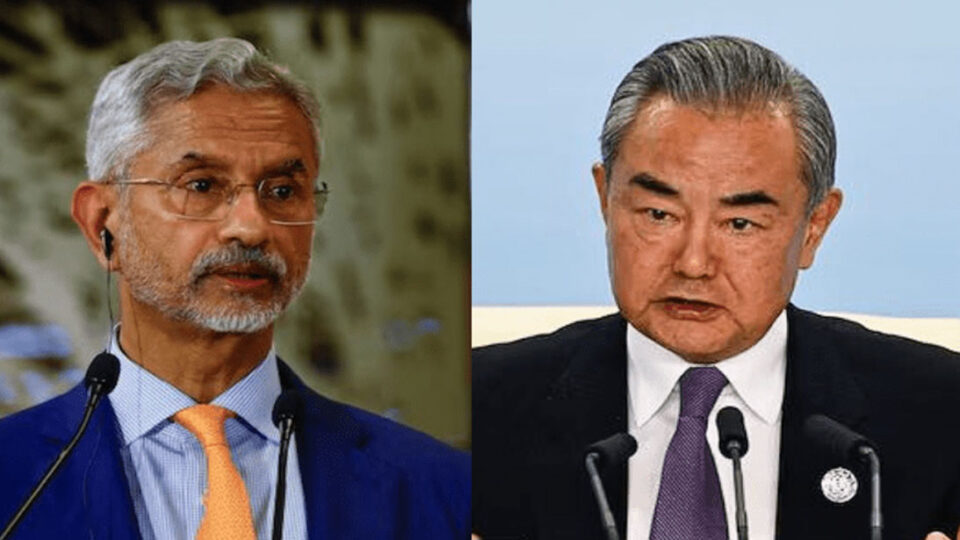China and 🇮🇳 India Seek Better Ties Through Mutual Trust and Cooperation
Beijing and New Delhi are signaling a renewed effort to improve bilateral relations, as Chinese Foreign Minister Wang Yi emphasized the importance of building mutual trust and promoting “win-win” cooperation during a high-level meeting with his Indian counterpart, Subrahmanyam Jaishankar, in Beijing on Monday.
According to China’s state news agency Xinhua, Wang Yi urged both nations to “adhere to the direction of good-neighbourliness and friendship,” and work towards “peaceful coexistence, mutual respect, and common development.”
🌏 Tensions Easing After Border Dispute
The meeting comes as the two Asian giants seek to stabilize ties following a prolonged military standoff that began with a border clash in 2020. Although relations have been strained in recent years, the two sides have made progress, including a patrol agreement in disputed areas reached in October 2024.
Later that month, Indian Prime Minister Narendra Modi and Chinese President Xi Jinping met for the first time in five years, pledging to rebuild dialogue and strengthen diplomatic channels.
🌊 Regional Influence and Strategic Competition
India remains cautious about China’s growing activities in the Indian Ocean, a region New Delhi considers crucial to its strategic interests. At the same time, both countries are engaged in broader regional competition for influence across South Asia.
Despite differences, both governments are showing signs of working toward more stable and constructive engagement.
🙏 The Dalai Lama Issue Remains Sensitive
One of the longstanding points of contention between the two countries is India’s support for the Dalai Lama, the exiled Tibetan spiritual leader. China maintains it has the sole authority to determine his successor, while the Dalai Lama and his India-based organization assert that the decision should remain within the Tibetan community.
The 90-year-old religious figure has lived in exile in India since 1959, when he fled following a failed uprising in Lhasa, the capital of Tibet. His presence in India continues to be a sensitive diplomatic issue.
🔍 Looking Ahead
The recent diplomatic engagements reflect an effort by both sides to manage disputes and foster stability in the region. While significant challenges remain, particularly on border security and cultural sensitivities, the focus on dialogue and cooperation may signal a new chapter in China-India relations.

